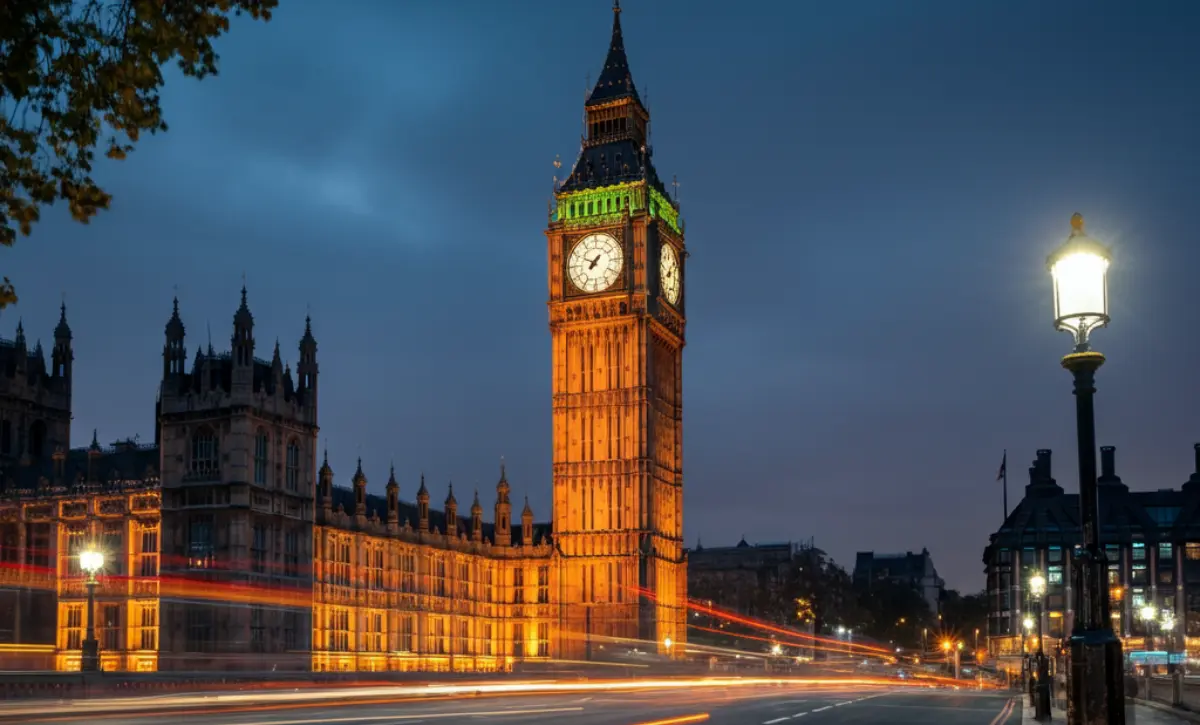If you woke up feeling a little more refreshed today, you’re not alone. People across the UK gained an extra hour in bed this weekend as the clocks went back one hour—yes, British Summer Time (BST) has ended, and we’re now back on Greenwich Mean Time (GMT).
The seasonal time change took place at 2am on the last Sunday of October, a long-standing tradition observed throughout England, Scotland, Wales, and Northern Ireland. For anyone still wondering, “did the clocks go back last night?”—they certainly did.
Why Do We Change the Clocks in the UK?
Changing the clocks is something everyone in the UK is used to, but not everyone knows why we do it. This tradition, dating back more than a century with the Summer Time Act, is all about making the most of natural daylight. When clocks go forward in spring, we get lighter evenings. When they go back in autumn, we benefit from brighter mornings.
As we return to GMT, mornings will start off lighter for a while, but sunset will arrive much earlier. Many will notice the darker evenings right away, especially those with after-school runs, dog walks, or a long commute home.
How the BST to GMT Switch Affects Daily Life
If you rely on your mobile, tablet, or laptop to keep you on schedule, you probably noticed your device updated the time automatically overnight. However, don’t forget to update wall clocks, kitchen appliances, and your car radio—analogue devices usually need a nudge in the right direction.
The switch back to GMT can cause knock-on effects like changes to bus and train times. If you’re travelling, double-check your schedule to be on the safe side. Sleep routines can also take a hit, with some people finding it takes a few days to adjust. Keeping to a regular bedtime can help your body clock reset.
The darker afternoons serve as a reminder to take care on the roads. Safety advice often pops up at this time of year—drivers, cyclists, and pedestrians should all be extra attentive, as reduced daylight can make hazards harder to spot. “As we adjust to darker evenings, it’s especially important to stay alert and visible,” a transport safety spokesperson advised.
When Will the Clocks Go Forward Again?
The next clock change isn’t until spring. The clocks will go forward an hour on the last Sunday in March, marking the return to British Summer Time and those longer, lighter evenings everyone looks forward to.
Frequently Asked Questions (FAQ)
1. Did the clocks go back in the UK?
Yes, the clocks went back by one hour on the last Sunday in October.
2. When do the clocks change in the UK?
Clocks change twice a year: they go forward one hour in spring and back one hour in autumn.
3. What time do the clocks go back?
They change at 2am, going back to 1am.
4. Do smartphones change the time automatically?
Most modern mobile phones and connected devices adjust the time for you. Manual clocks and appliances may still need to be set.
5. What’s the difference between BST and GMT?
British Summer Time (BST) is the UK’s daylight saving time (GMT+1). Greenwich Mean Time (GMT) is the standard time zone used in winter.
You may also read : Man United vs Brighton: Seagulls Stun Old Trafford with Dramatic Finish

